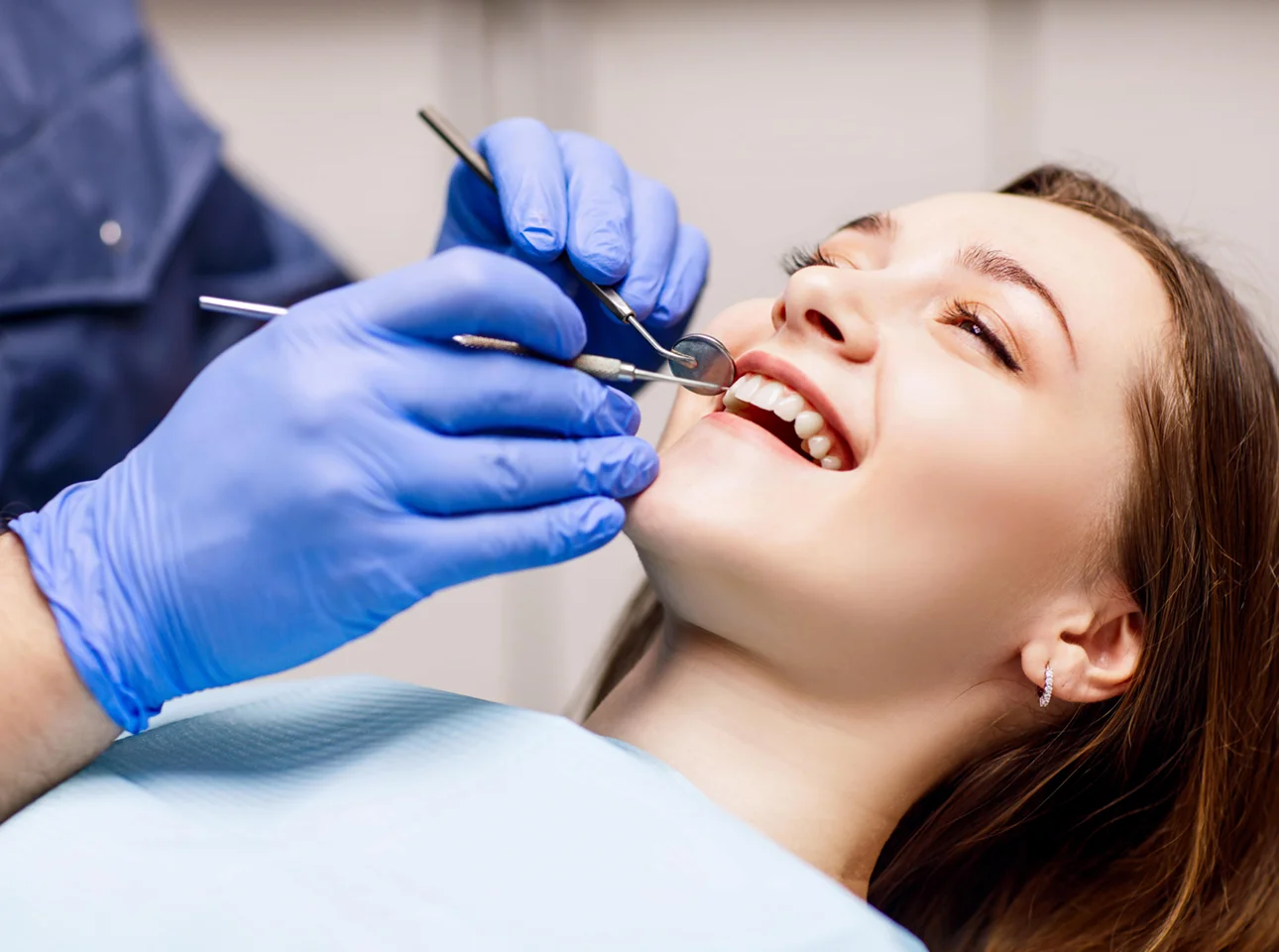There may come a time when you will need your wisdom teeth removed at some point in your life. Oftentimes, many people do not have enough room in their mouth for wisdom teeth to grow in and because of that, it can potentially cause a number of problems. Wisdom teeth can grow in impact. Not only is it extremely uncomfortable and painful, but it can cause the rest of your teeth to shift, create space for food to get trapped, and consequently, can cause infections or cysts. Because of the many problems that can arise from wisdom teeth, we highly recommend patients get them removed before any of these problems can occur.
What are Wisdom Teeth?
Wisdom teeth are considered a part of normal human dentition which is the last to erupt or what we call third molars.
Whenever possible, our experts will attempt to preserve your natural teeth before resorting to tooth extraction. But if a tooth extraction can benefit your oral health, Dr. Setia and his team of oral surgeons can help. He uses advanced piezoelectric technology to gently remove teeth without harming surrounding soft tissues, which can make your recovery and healing much smoother.
What are Impacted Wisdom Teeth?
The wisdom teeth don’t have enough space to emerge or develop normally, which forces them to grow in all possible directions, toward the next tooth or the back of the mouth, or sometimes even stay trapped within the jawbone.
There are 4 Different Types of Wisdom Teeth Removals:
- No Impaction: The wisdom tooth is showing above the jawbone and gums.
- Soft Tissue Impaction: The gums cover the teeth. Sometimes our oral surgeon needs to cut a flap into the gum to expose the wisdom tooth for extraction.
- Partial Bony Impaction: Part of the wisdom tooth’s crown is trapped in the jawbone. The oral surgeon must cut away the gum and remove a small amount of the jawbone to extract the tooth. The wisdom tooth may need to be sectioned (cut) for removal.
- Complete Bony Impaction: the tooth is surrounded by a jawbone that needs to be removed to expose the wisdom tooth for extraction.
Why should I have my Wisdom Teeth Extracted?
There is not enough space in the jaw for a third molar to erupt at a right angle, so a number of different dental problems can occur in relation to this condition.
We recommend our patients have their wisdom teeth removed if there is any pain, crowding of the teeth, infections, or the teeth grow in impacted. Some of the common problems related to not removing wisdom teeth include:
- Infections: One of the most common issues that we see is infections. Without the proper amount of space for wisdom teeth to erupt, it can cause the surrounding gum tissue to become irritated and infected, resulting in serious pain, swelling, and problems with chewing and swallowing.
- Cysts: Impacted wisdom teeth can result in cysts, which are fluid-filled pockets that can slowly expand and destroy adjacent jaw bones and potentially teeth. While rare, tumors can also be associated with delayed wisdom tooth removal.
- Crowding: Impacted wisdom teeth may also result in crowding. Because wisdom teeth often do not have space to grow, it can cause other teeth to shift and/or become damaged.
- Damage to adjacent tooth: If there is not enough space for the wisdom tooth, the adjacent tooth can become affected, resulting in gum disease, bone loss around the tooth, and/or tooth decay.
What are the Benefits of the Removal of Wisdom Teeth?
- Decreased risk of dental caries and gum disease
- Avoiding damage to the surrounding teeth
- Avoiding unwanted tooth movement
- Reduced oral and facial discomfort
- the less painful process of healing
- Improved quality of life
The cost of wisdom tooth extraction or removal depends on the complexity of the case and thus, varies from patient to patient.
Where Can I Find Wisdom Tooth Removal Near Me?
If your wisdom teeth are causing you pain, you don’t need to suffer through it. And waiting can actually worsen your condition. Get the treatment you need at The Dental Roots. We’re a top-rated, New Delhi and Gurgaon-based dental practice, located in Panchscheel Park- South Delhi, Sushant Lok- Gurgaon, and Tata Primanti- Sohna Road. Our dynamic team of board-certified oral surgeons are standing by to help you with your wisdom tooth removal.
Trust our team to provide an accurate diagnosis, expert guidance, and answer to all your questions and get painless wisdom tooth removal at The Dental Roots.




35011845273095133592.webp)

